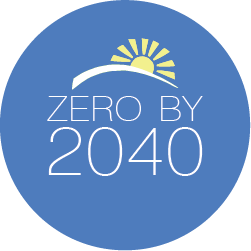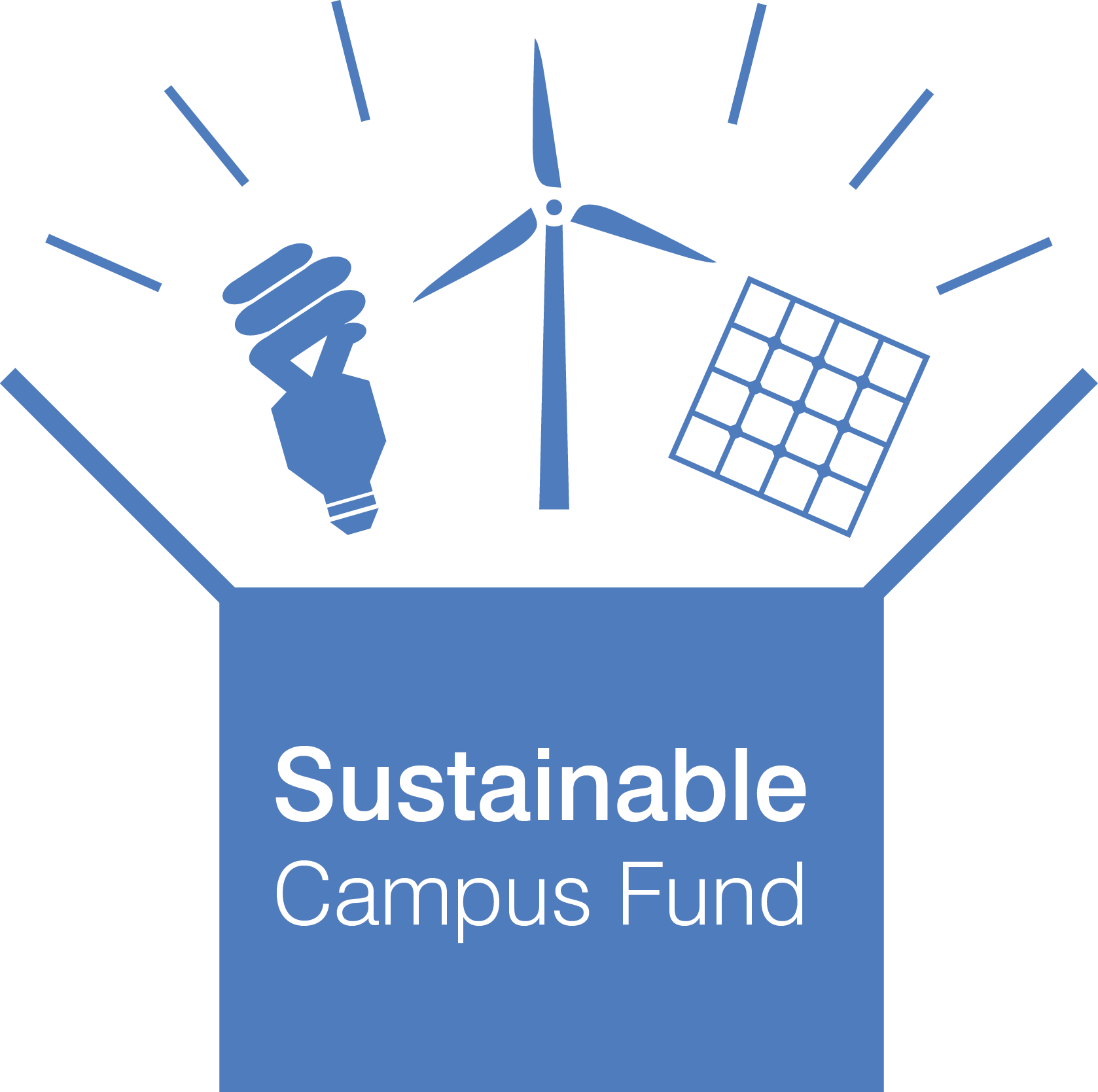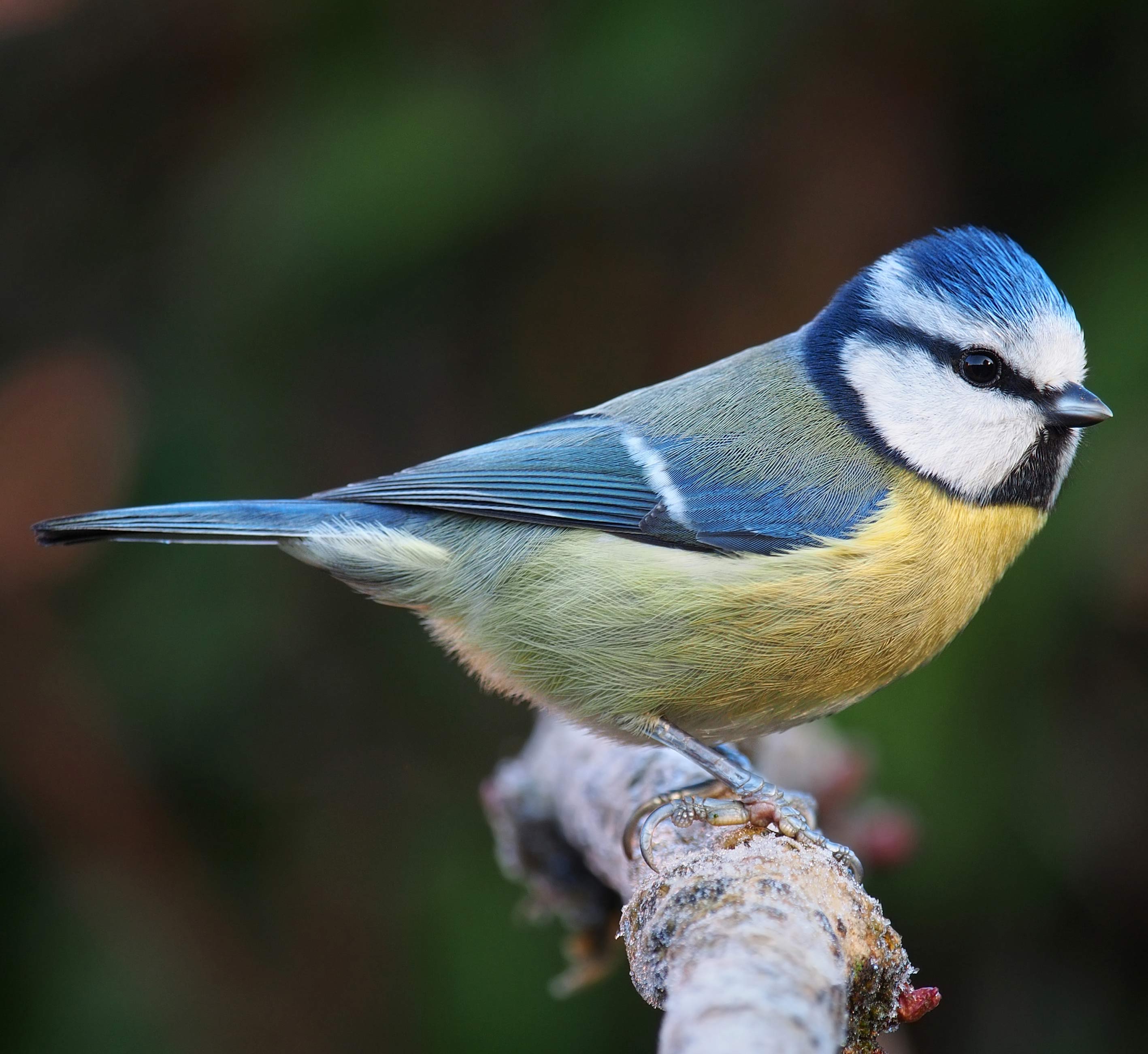Aligned with 1.5 degrees: The University of Edinburgh and ClimateChange

Dr Elizabeth Vander Meer shares University progress in relation to the Intergovernmental Panel on Climate Change (IPCC) special report “Global Warming of 1.5° C”.
The University of Edinburgh recognises climate change as one of the most pressing issues facing humanity and it is committed to playing a full part in meeting the climate challenge. The Intergovernmental Panel on Climate Change (IPCC) released the special report, “Global Warming of 1.5° C” or SR15, on 8 October 2018, updating assertions made in the Fifth Assessment Report or AR5 (2014) and urging more stringent action and targets than asserted in the Paris Agreement. The key understanding reiterated within the new IPCC report is the significant, detrimental difference between warming of up to 1.5 degrees C compared to warming of up to 2 degrees C.
Zero by 2040
 The University of Edinburgh’s Zero by 2040 Climate Change Strategy will deliver in line with the IPCC’s latest report regarding warming of up to 1.5 degrees, which is predicated on the need to reach net zero emissions by 2050. We have made significant progress already, although we still have work to do to become zero carbon. We are in the process of determining what being carbon neutral will mean, but we embrace reducing energy and resources, designing our buildings and operations to be low carbon, embedding climate action in our investment activities, procurement, research and teaching. We are also considering the role of carbon sequestration over the next forty years, in line with the IPCC report’s focus on carbon dioxide removal (CDR) that includes afforestation, reforestation, land restoration and soil carbon sequestration.
The University of Edinburgh’s Zero by 2040 Climate Change Strategy will deliver in line with the IPCC’s latest report regarding warming of up to 1.5 degrees, which is predicated on the need to reach net zero emissions by 2050. We have made significant progress already, although we still have work to do to become zero carbon. We are in the process of determining what being carbon neutral will mean, but we embrace reducing energy and resources, designing our buildings and operations to be low carbon, embedding climate action in our investment activities, procurement, research and teaching. We are also considering the role of carbon sequestration over the next forty years, in line with the IPCC report’s focus on carbon dioxide removal (CDR) that includes afforestation, reforestation, land restoration and soil carbon sequestration.
Key areas of progress include:
- Solar projects implementation
- Other energy-related projects: sustainable campus fund, expansion of CHP (Combined Heat and Power) which can be converted from gas usage, energy reduction projects
- Business travel pilots
- New building standards with carbon tool and green infrastructure tool development
- Draft adaptation strategy
- Draft biodiversity strategy, closely linked to adaptation
- Investment decisions
- Sustainability in procurement
A closer look at renewables and energy efficiency and reduction measures
Section C of the IPCC SR15 Policy Maker’s Summary explains the importance of energy supply from renewables and energy reduction and efficiency measures in pathways to 1.5 degrees. The University follows these pathways through projects to expand on the current solar PV (photovoltaics) on campuses and to increase energy efficiency and reduction. With substantial funding from the Scottish Funding Council (SFC), the University has initiated projects that include approximately £3.2M for building mounted solar, a solar farm and solar carports at Easter Bush Campus.
 We undertake a wide range of energy efficiency projects. The Sustainable Campus Fund (SCF), launched in 2016, provides internal financing within the University for implementing sustainability projects that generate cost savings as well as carbon savings. The SCF has funded projects for energy efficiency such as (to name only a few):
We undertake a wide range of energy efficiency projects. The Sustainable Campus Fund (SCF), launched in 2016, provides internal financing within the University for implementing sustainability projects that generate cost savings as well as carbon savings. The SCF has funded projects for energy efficiency such as (to name only a few):
- innovations in fume cupboards (constant to variable air flow)
- lighting replacements
- use of sensors
- a helium recovery project
The University saves an estimated 1,300 tCO2 annually through the SCF and £370K per annum, with combined payback of under six years. Our energy engagement and communication campaigns, through the Switch winter shutdown campaign, active Energy Coordinators and sustainable labs programme, are also resulting in estimated savings.
The University has invested a total of approximately £30M on low carbon Combined Heat and Power (CHP), with the latest expansion at Easter Bush campus. CHP resulted in savings for the University of about 8,500 tonnes CO2 per year; as Aisling pointed out in her blog post on district heating, CHP can be adapted and need not run on gas, providing infrastructure for future zero carbon opportunities.
As one of our growing sources of Scope 3 emissions, business travel presents the University with a key challenge. If unmitigated, business travel will account for at least 20% of our emissions by 2025. Our department built an automated tool in 2017 to better capture data on business travel and has launched a pilot running in late 2018 to trial different methods to tackle emissions, with participation of a total of six Schools and Departments. Results from the pilot, positive or negative, will inform our future approach.
Development of new bespoke sustainable design standards for University of Edinburgh buildings, as well as a complementary carbon calculator, are being trialled retrospectively at Easter Bush and live on new developments at the Kings Buildings campus. These standards will apply to new builds and refurbishments from design stage to use, with the twin aims of low carbon energy efficiency and climate resilience in buildings and on campuses to meet University targets. A complementary mapping tool is also under development to ensure appropriate consideration of green and blue spaces in estates development and refurbishment, in relation to the city of Edinburgh and beyond; community wellbeing is central to these standards.
Adaptation and biodiversity strategies

Blue Tits are beaut!
© Francis C. Franklin / CC-BY-SA-3.0
The IPCC report describes what we can expect even at 1.5 degrees of warming, in terms of weather extremes and overall warming trends, and emphasises the need for strong adaptation action. Risks arise for humans and other species as well as ecosystems; the report predicts impacts on biodiversity, noting that different species will lose their climatically determined geographical ranges, adapting by shifting locations or dying out if this becomes impossible.
The University addresses adaptation and biodiversity alongside mitigation efforts. The green spaces mapping tool will be part of implementation of an adaptation strategy and its biodiversity sub-strategy, which will be launched in Winter 2018 and Spring 2019, respectively. These strategies acknowledge that the climate has changed and will continue to change, and our actions rest on an inclusive conception of community. Our vision includes creating a more resilient University that promotes well-being and biodiversity, as an integral part of the wider context of Edinburgh and Scotland.
Embedding climate action in our investment activities, procurement, research and teaching
The University committed to divest from coal and tar sands in 2015 and now had committed to fully divesting from fossil fuels by 2020. Alongside divestment, the University has invested £60M in businesses innovating in low carbon and sustainable technologies.
The Procurement Department at the University is committed to sustainable practices, developing and continually refining procedures, complying with the Sustainable Procurement Duty. Using the Sustainable Public Procurement Prioritisation Tool, we identify risks to our estate, food and catering, ICT, laboratories and travel. Work through the living lab approach has harnessed our staff capabilities in a study to identify best practice in Scope 3 reporting including procurement and we will be engaging students in considering our supply chain emissions through carbon quantifications; our climate strategy commits us to developing reporting methodologies in this area.
Our teaching and research make significant contributions to addressing the challenge to keep warming under 1.5 degrees. The University provides cutting edge research facilities to tackle climate-change related problems. FloWave Ocean Energy Research Facility serves as a testing ground for ocean energy technologies. The ARCHER supercomputing service, based at the University, facilitates collation and analysis of big data sets when studying problems with global impact such as climate change, refining extreme weather forecasting and simulations, for instance. Carbon capture and storage (CCS), noted by the IPCC report as a necessary pathway to reach zero by 2050, is prominent within the University’s research portfolio. Research also spans adaptation and biodiversity, with international projects in areas such as land use change (LUC4C) and mapping adaptation and vulnerability in Europe (CLIMSAVE), and projects in climate change and management of forest biodiversity, as well as mapping effects of land use changes to halt biodiversity loss, to name a few.
The University equally offers a range of teaching across mitigation, adaptation and biodiversity, with just a few courses mentioned here. The MSc in Carbon Management, MSc Carbon Finance and the LLM Global Environment and Climate Change Law all equip students to make positive impacts in a world that needs to be zero by 2050, if not before. The MSc in Biodiversity, Wildlife and Ecosystem Health engages students with various aspects of biodiversity and its conservation while also linking to climate change impacts, and a newly launched undergraduate course, Nature Green Spaces and Health, explores the importance of nature or biodiversity to our wellbeing, two examples of course offerings in biodiversity-related fields.
But we still face challenges!
As we prepare to complete our mandatory reporting to Scottish Government, our emissions story appears a positive one this year, with an expected reduction in absolute emissions; our relative emissions (carbon per £m turnover) consistently fall each year. While we are making good progress to meet targets through the programmes and projects described, we still must grapple with continued growth; every year we see a rise in student and staff numbers, a growing overall estate and additional energy-intensive research facilities. This is a challenge that many universities face, as was apparent during discussions at the Zero Carbon Challenge event at University of London earlier this month, and reflects a worldwide problem.
We now must consider how and whether we grow as well as options in carbon sequestration. Analysis of our estate has shown that even after significant investment in energy efficiency and new clean energy, we do not have the space for large-scale on-site renewables deployment, so there is a need to consider the IPCC report’s recommendations on CDR (Carbon Dioxide Removal). The potential to address mitigation, adaptation and biodiversity issues through reforestation and other carbon sequestration activities that involve land restoration in Scotland is immense, and equally offers the University opportunities in research, learning and teaching. We recognise, as laid out by the IPCC, that our mitigation and adaptation efforts must involve acting inclusively in our wider communities and through cooperation and partnerships at multiple levels.





The elephant in the room here is the ever-expanding number of
international students at the university, flying backwards and
forwards many times over the course of their degree programme,
building important relationships which will then lead to them
spending the rest of their lives flying to maintain. A truly
sustainable world will be one in which middle-class people fly a
great deal less than they do now. The university conveniently
excludes this aspect of its ‘business model’ from its accounting
but it is dangerously misleading to claim the university will
*ever* be carbon neutral while it relies on students engaging in
extremely damaging practices in order to study here (flying is one
of the highest-carbon activities an individual undertakes). It is
also stupdily short-sighted of the university to rely on recruiting
international students: either we will finally *really* tackle
climate change through serious legislation (in which case people
won’t be able to fly so much anymore), or – more likely – we won’t,
in which case climate chaos will eventually ensue. In that case,
all the university’s planning will be up the spout because we will
be in a fundamentally-altered world which will be a very hostile
place.
Hi Sarah, Thanks for raising this important issue. It’s actually
not an elephant in the room for us, as we are openly and actively
discussing international student travel and putting a carbon figure
to it, to understand the impact on our Scope 3 emissions. A
volunteer researcher recently completed a best practice report for
us that identifies what universities are doing in this space,
models that we might be able to follow. So international students’
travel is part of our look at Scope 3 emissions. One aspect of this
project will involve consideration of different models for learning
– distance learning, for instance, is growing rapidly across the
higher education sector. Of course, you rightly point out the
challenge, and we are keen to confront it, while also considering
the benefits of cultural and intellectual exchange, issues of
openness, equity and access that can be afforded by a rich
international community physically on campus. Liz would be very
happy to meet with you to discuss your suggestions on this issue.
Thanks once again for your response. Please email
SRS.Department@ed.ac.uk if you’d like to set up a meeting. Alex